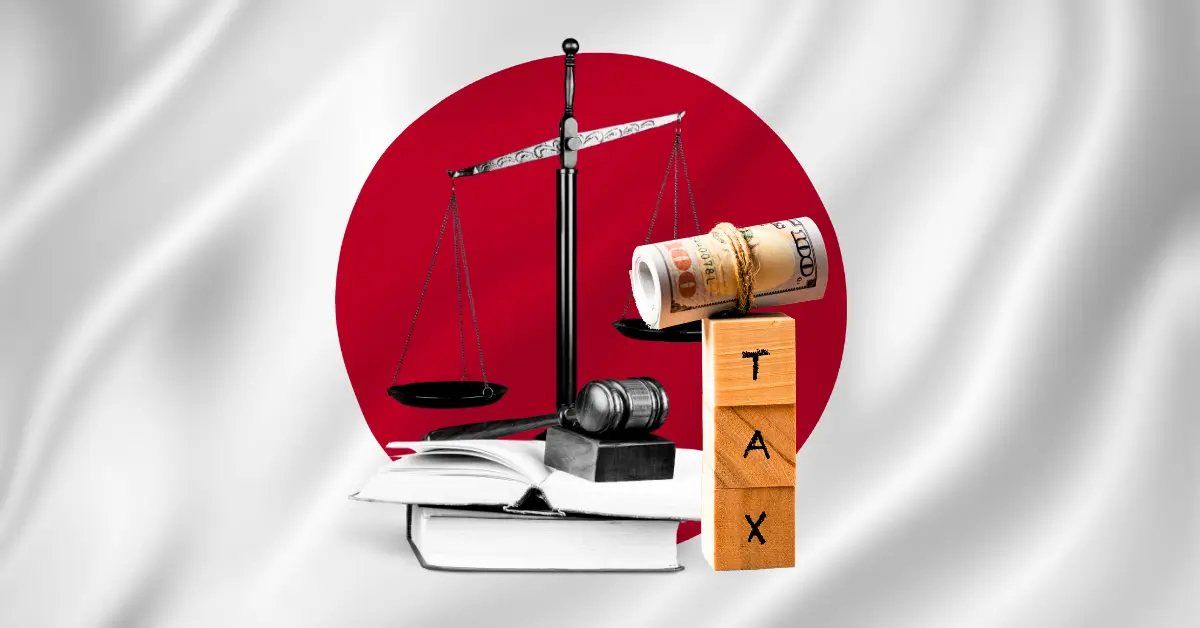
Japan's high crypto tax rates (up to 55%) are driving investors and capital away.
The ruling LDP is preparing a reform outline to make the tax system more competitive and prevent capital flight.
While there's bipartisan support for reform, the new Prime Minister Ishiba has expressed a preference for a cautious approach.
Japanese crypto investors currently pay taxes as high as 55% on their profits. This heavy tax burden has raised concerns about the country’s crypto market. Recognizing the negative effects of this outdated tax system, Japan’s policymakers are now working on a solution. The ruling Liberal Democratic Party (LDP) is preparing a reform outline to stop the outflow of capital caused by the country’s unfriendly tax rules.
Here’s what you should know about the latest development.
What’s in the Proposed Crypto Tax Reform?
The LDP is expected to release its crypto tax reform plan by the end of 2024, with many anticipating significant changes in 2025. The political shift in the U.S., especially with the rise of pro-crypto candidate Donald Trump, seems to have influenced Japan’s decision to rethink its tax approach. The goal of the reform is to make Japan’s crypto tax system more competitive and prevent capital from leaving the country.
Takuya Hirai, Japan’s Minister of Digital Affairs, has stressed the need for a solid crypto tax and regulation framework before Donald Trump’s inauguration in January 2025. His comments highlight the urgency Japan feels to align with global trends and stay competitive.
Why Tax is Hurting Japan’s Crypto Industry
Currently, many crypto investors in Japan face taxes up to 55% on their profits, a steep rate compared to the 20% flat capital gains tax in many other countries. Critics argue that Japan’s high tax rates are pushing investors and businesses to seek opportunities elsewhere, stalling the country’s potential to become a leader in the crypto space.
Reforms Under Fumio Kishida
The push for crypto tax reform began during the leadership of former Prime Minister Fumio Kishida. Under his guidance, the LDP showed strong support for creating a favorable environment for Web3 development. The Headquarters for the Promotion of a Digital Society, in partnership with the Financial Research Council, has played a crucial role in drafting the reform outline.
Reports suggest that both the ruling and opposition parties agree on the need for crypto tax reform in Japan. Many lawmakers recognize that the current tax system is holding back the growth of Japan’s crypto industry, making it difficult for the country to compete globally.
Staying Cautious Is Key
While the reform proposal has wide support, recent comments from Japanese Prime Minister Shigeru Ishiba, who campaigned as a pro-crypto candidate, suggest he prefers to take a cautious approach to tax reform. This may mean that while reform is likely, it could take longer than expected.
Never Miss a Beat in the Crypto World!
Stay ahead with breaking news, expert analysis, and real-time updates on the latest trends in Bitcoin, altcoins, DeFi, NFTs, and more.
The proposed changes may just be the key to unlocking Japan’s potential as a global crypto powerhouse.







